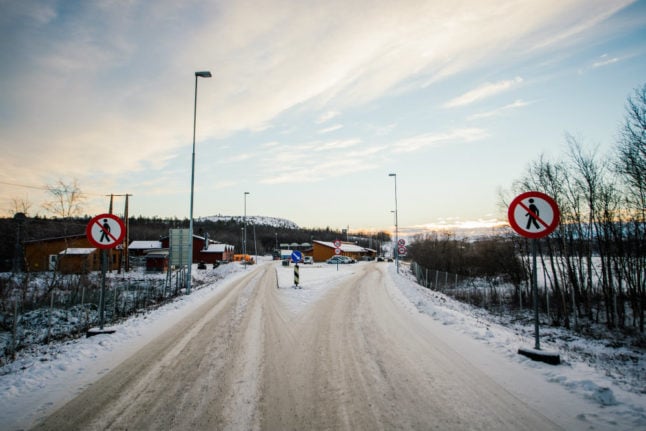A digital system is to be introduced for all travellers arriving in Norway, including Norwegian citizens.
The purpose of the system is to improve authorities’ ability to enforce quarantine rules and thereby limit the spread of Covid-19, NRK reports.
“You can expect to be checked for whether you break quarantine rules. You can decide yourself what is an appropriate place (to quarantine), but if you break the rules you can expect a solid fine,” justice minister Monica Mæland said on Wednesday.
Everyone who crosses the border, including Norwegian citizens, will be required to register using the new digital system.
“We are further strengthening control now by implementing a digital system for travel registration. This will mean having to pre-register digitally to receive a code which must be shown at the border in order to enter Norway,” fisheries minister Odd Emil Ingebrigtsen told NRK.
Information required will include name, contact details, quarantine accommodation and employer in Norway, if relevant.
The system is expected to be ready for use from January 2021.
READ ALSO:
- UPDATED: Norway eases Covid-19 ‘quarantine hotel' rules
- Norway fines five foreigners for breaking coronavirus quarantine rules
Mæland stressed that everyone travelling from ‘red’ countries, to which quarantine requirements are applied, must comply with quarantine, either at a ‘quarantine hotel’ or at another suitable form of accommodation.
Norway currently has a social lockdown in effect in Oslo and national restrictions are also in place to limit the spread of coronavirus.
Infection numbers in both the capital and nationally are currently at a lower level in comparison with the situation at the end of November, when they were last extended, according to newspaper VG's running analysis of official data.
372 cases of Covid-19 were registered in Norway in the last daily update, including 117 in Oslo, according to national registration system MSIS figures.
But NRK reports a total of 460 cases in the last 24 hours, which it notes is 80 more than the previous day and 19 more than on the same day last week.



 Please whitelist us to continue reading.
Please whitelist us to continue reading.
Member comments